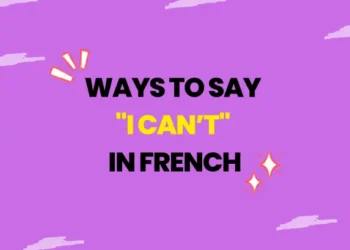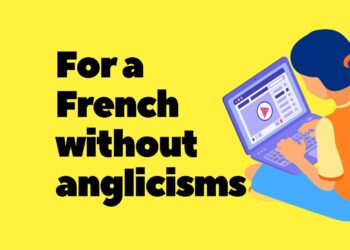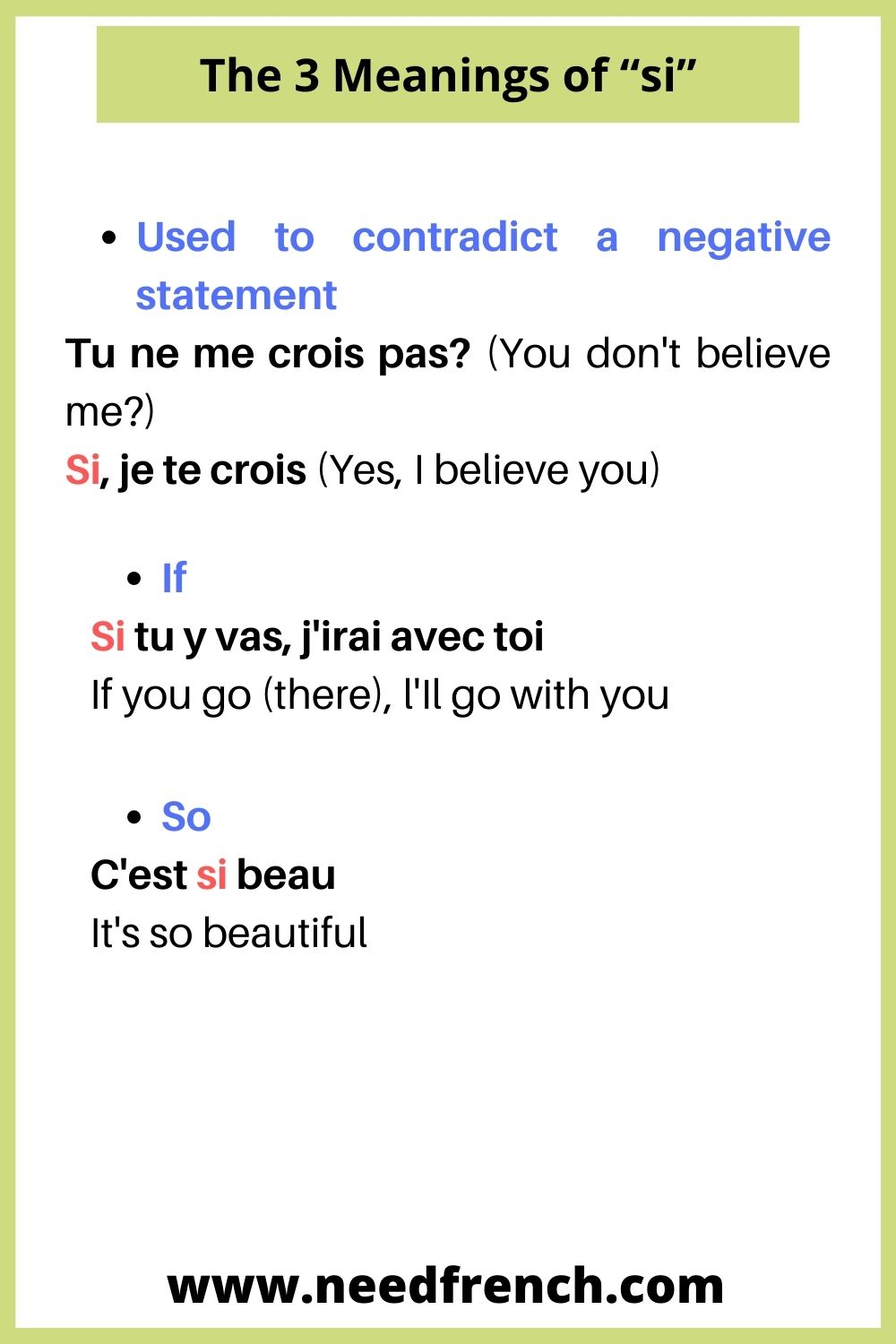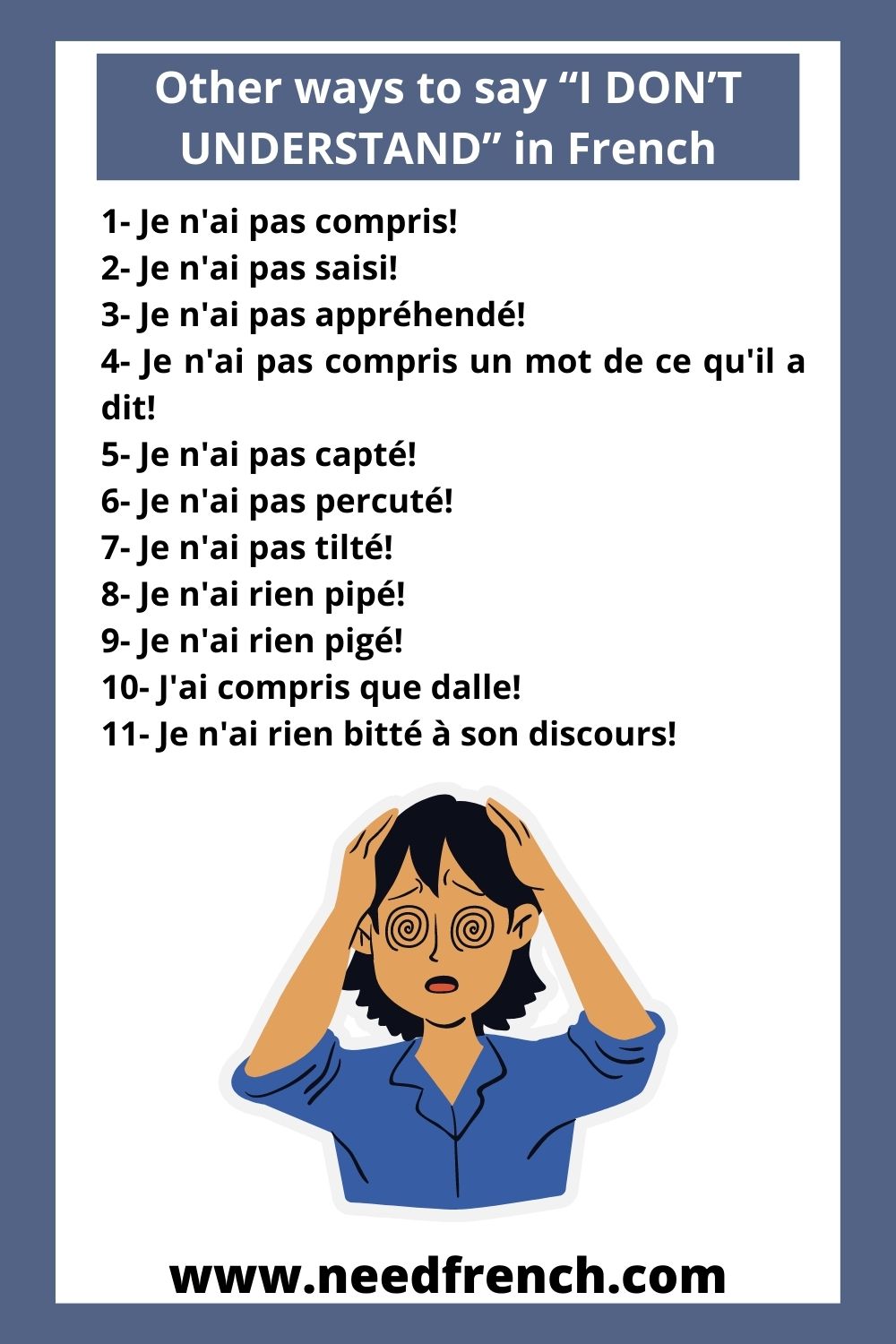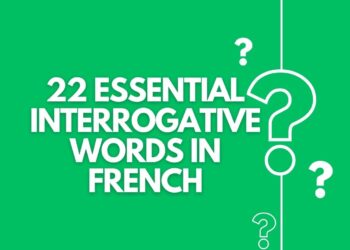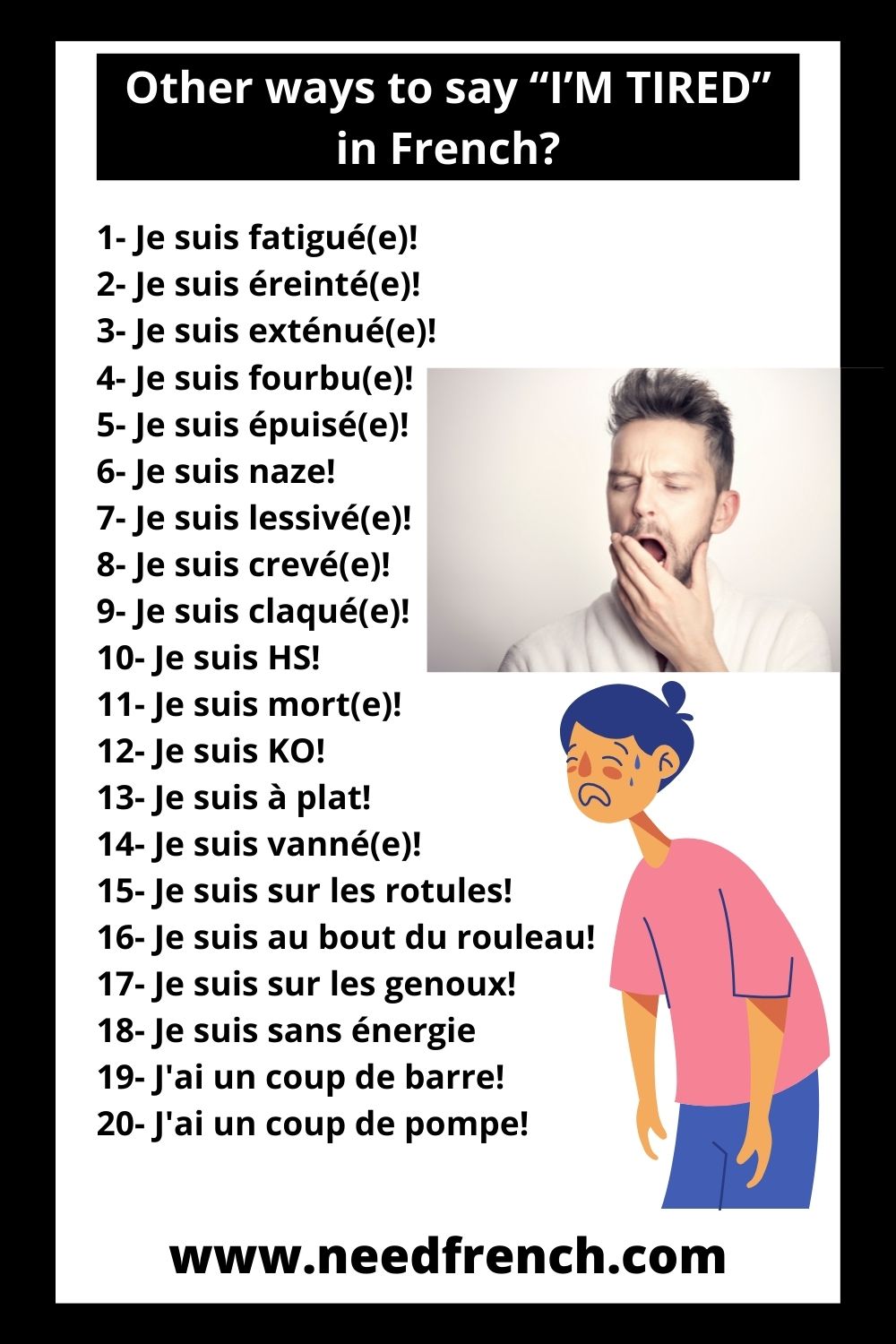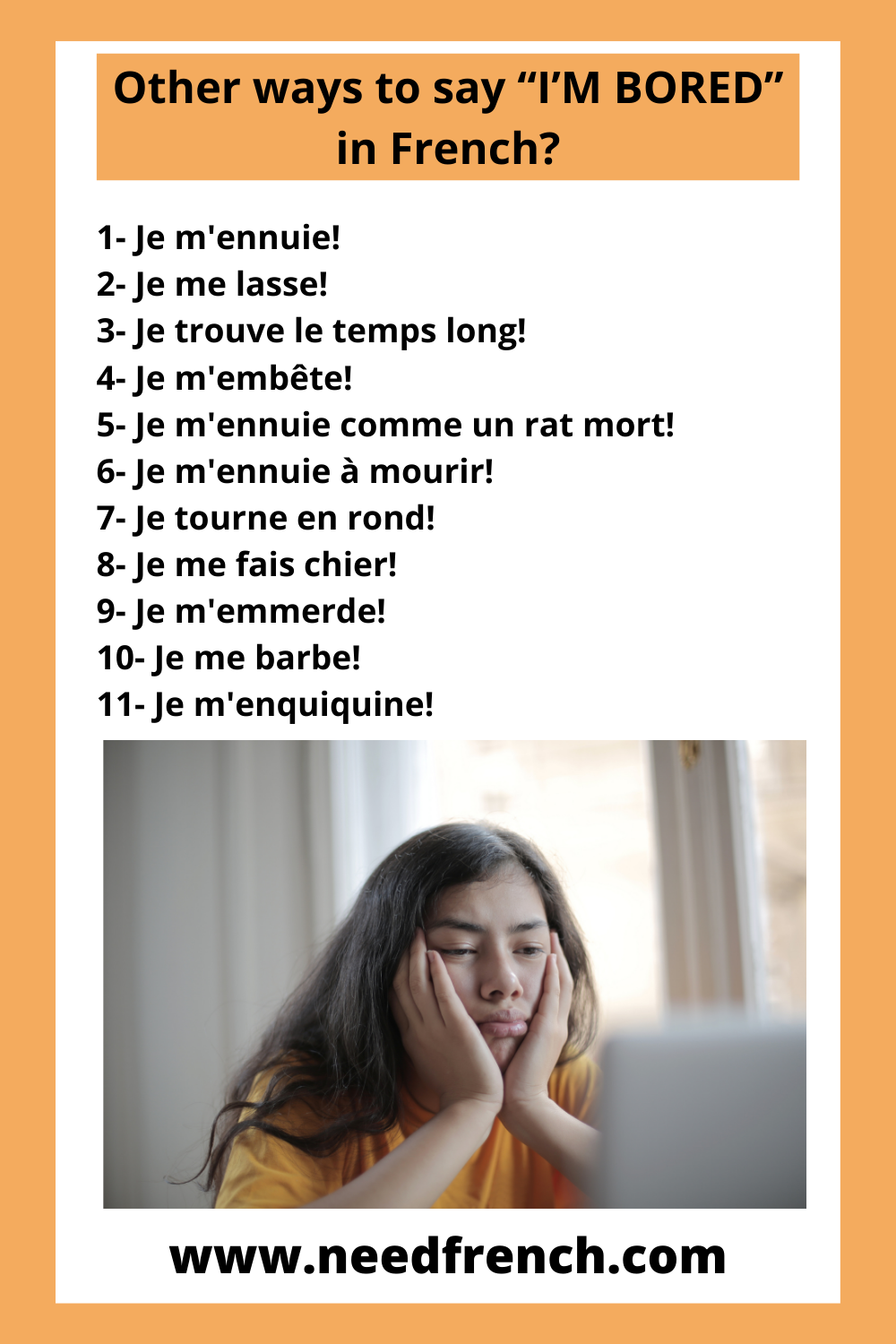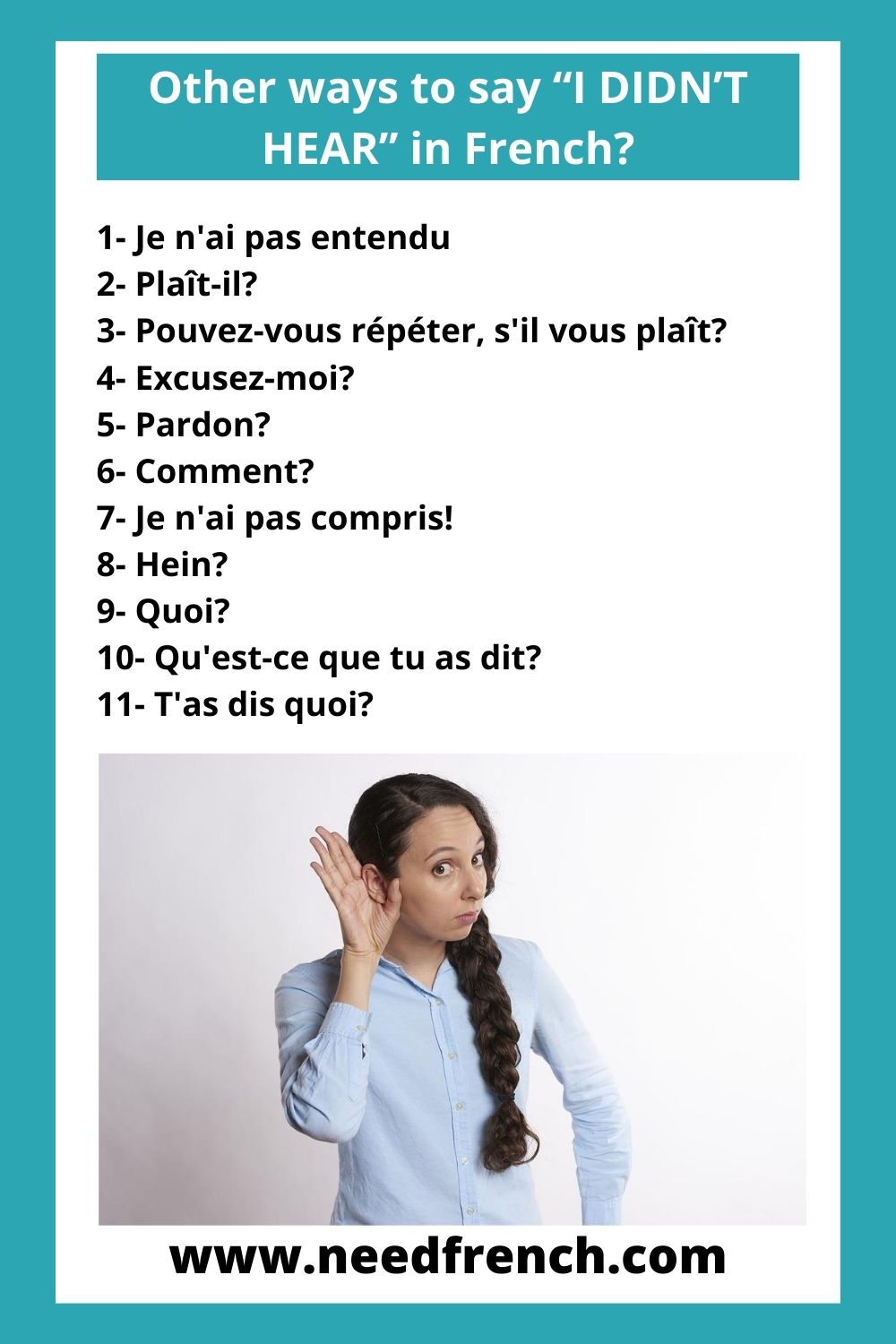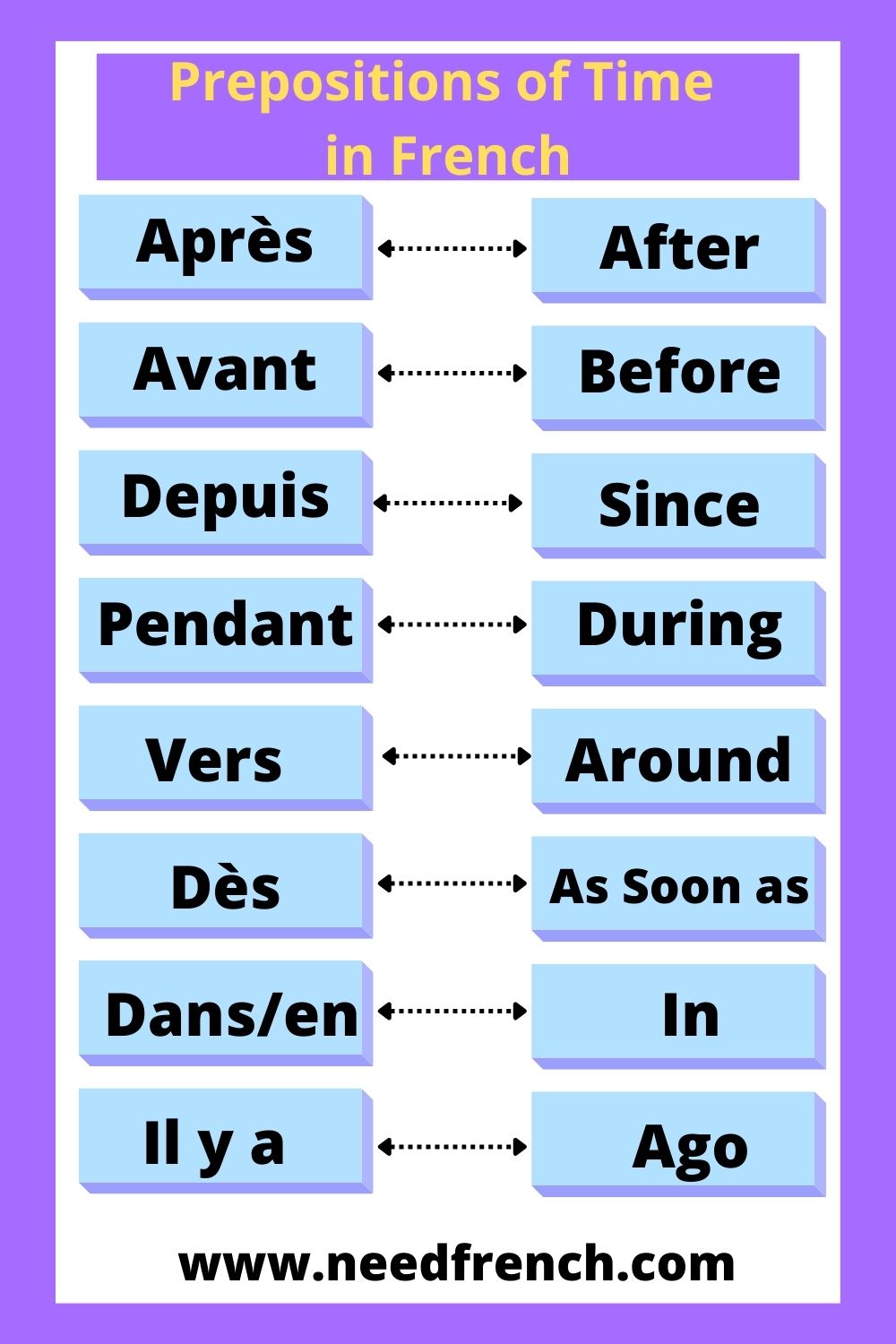Have you ever found yourself in a situation where you needed to explain that you’re broke, but in French? Whether you’re traveling to a French-speaking country or improving your language skills, knowing various ways to express financial constraints can be incredibly useful. This guide will equip you with 15 different expressions ranging from formal phrases to slang terms, ensuring you’re prepared for any situation.
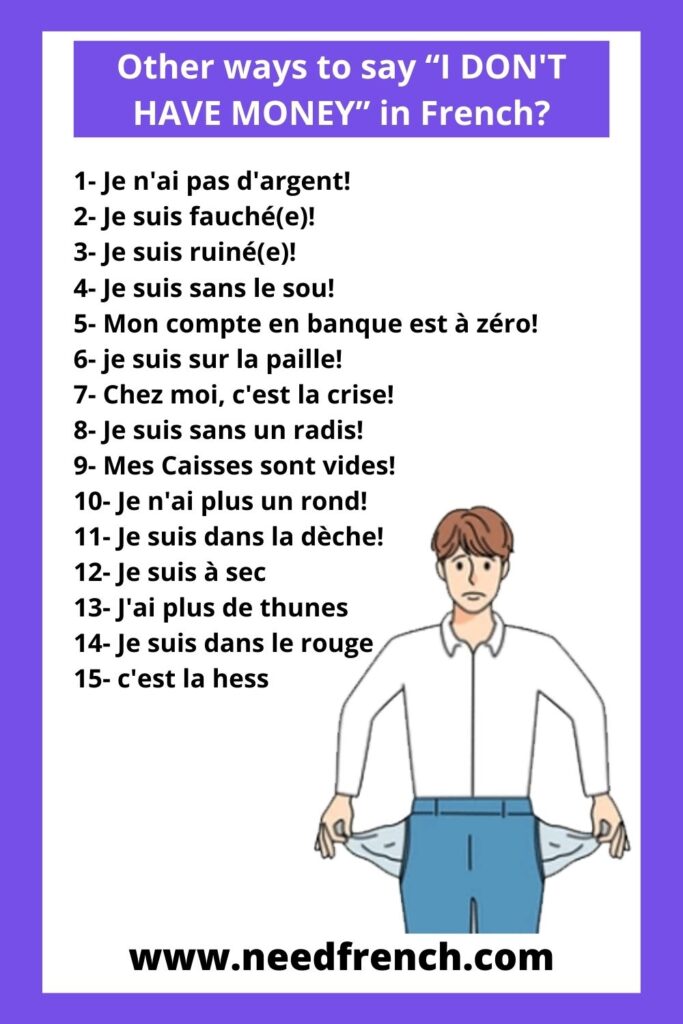
Table of Contents
ToggleWhy Learn These Expressions?
- Cultural insight: Understanding these phrases gives you a glimpse into French humor and linguistic creativity.
- Practical for travel: Useful when explaining budget limitations during your travels.
- Conversational fluency: Impress native speakers with your command of colloquial expressions.
Formal Ways to Say You’re Broke
When you need to politely explain your lack of funds in a formal setting or to someone you don’t know well, use these straightforward phrases:
- Je n’ai pas d’argent. – I don’t have any money.
- Je suis fauché(e). – I’m broke.
- Je suis ruiné(e). – I’m ruined/broke.
- Je suis sans le sou. – I’m penniless.
- Mon compte en banque est à zéro. – My bank account is at zero.
Everyday Expressions About Being Broke
In casual conversations with friends, roommates, or colleagues, try these more conversational phrases:
- Je rame pour joindre les deux bouts. – I’m struggling to make ends meet.
- Je ne roule pas sur l’or. – I’m not rolling in gold. (I don’t have much money.)
- Je ne navigue pas dans l’opulence. – I’m not navigating in opulence. (I don’t live in luxury.)
- Mes finances sont dans le rouge. – My finances are in the red. (I’m losing money.)
Slang Terms for Being Broke in French
French youth love using slang terms related to money. Here are some fun expressions you’ll hear:
- Je suis sur la paille. – I’m on the straw. (Completely destitute.)
- Chez moi, c’est la crise. – At my place, there’s a crisis.
- Je suis sans un radis. – I’m without a radish. (Radish meaning money here.)
- Mes caisses sont vides. – My boxes/wallet are empty.
- Je n’ai plus un rond. – I don’t have a single cent left.
- C’est la hess. – It’s hess. (A Verlan slang term for broke, popular among youth.)
Bonus Idiomatic Expressions
These visual French idioms also paint a picture of being out of money:
- Je vis au jour le jour. – I live day to day. (Without savings.)
- Je compte mes sous. – I’m counting my pennies. (Tracking every small expense.)
- Je vis chichement. – I’m living poorly/on a tight budget.
- Je suis à sec. – I’m dry. (Out of money.)
- J’ai plus de thunes. – I don’t have any more dough. (Informal)
Tips for Using These Expressions
- Consider your audience: Use formal expressions with strangers or in professional settings, and save slang for casual conversations with friends.
- Practice pronunciation: Many of these phrases have unique sounds. Practice with native speakers or language exchange partners.
- Understand context: Some expressions might be more common in certain regions or age groups.
Conclusion
Now you’re equipped with a variety of ways to express financial constraints in French, from polite phrases to colorful slang. Remember, the key to language learning is practice and context. Try incorporating these expressions into your conversations to sound more natural and fluent in French.
Interactive Learning Suggestion: Create scenarios where you might need to use these phrases and practice role-playing with a language partner.
Do you know any other ways to say “I don’t have money” in French? Share your favorites in the comments below!
